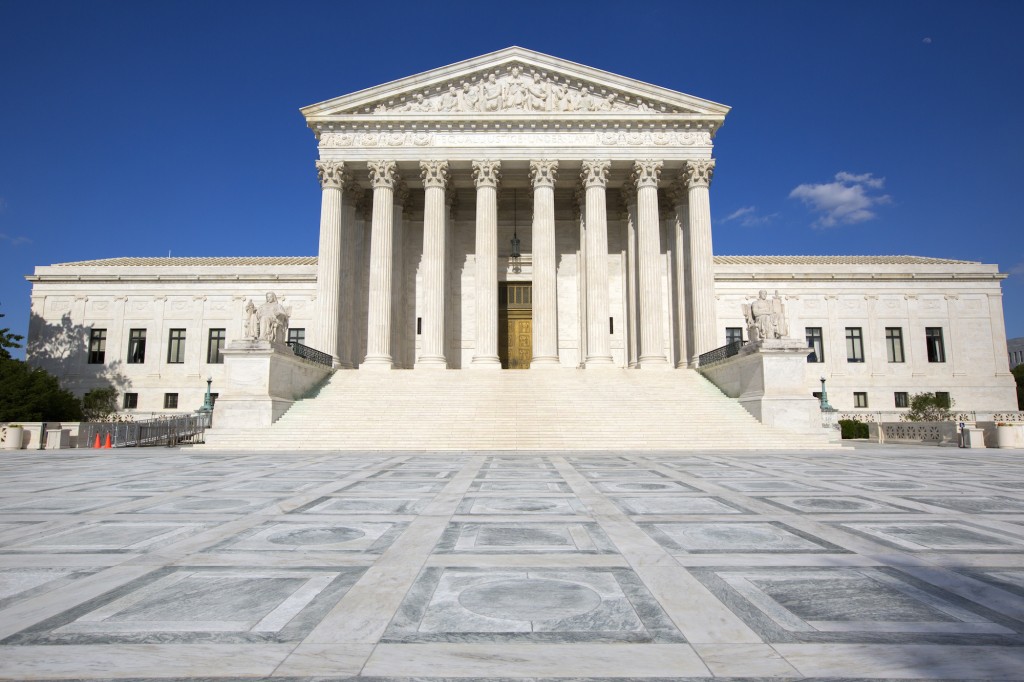
Protecting the Faith-based Decision-making of Jewish Religious Organizations: SCOTUS Asked to Weigh in
Stanley Carlson-Thies, March 31, 2016
Statutes of limitations apply to various legal matters, ensuring timely filing of cases, timely resolution of disputes, trials before memories and other evidence are effaced. But should the time limit apply or should it be paused if the dispute was being handled, although unsuccessfully as it happened, through an internal church resolution process? Federal law requires pauses in state deadlines in some cases, if federal mandatory arbitration is involved. States should also pause the deadline when a religious resolution process takes place. So argues IRFA and others in an amicus brief to the US Supreme Court.
The case involves Chabad-Lubavitch of Michigan and a local Chabad organization in a dispute over ownership of a Chabad center in West Bloomfield. The dispute was dealt with through an internal religious process; at the end of the process, the parent organization turned to the secular court to enforce its property claim. The court, instead, said that the statute of limitations, which had been running during the internal process, had run out so that a court resolution was unavailable.
The amicus brief filed on March 7, 2016, by the Christian Legal Society, joined by IRFA, the National Association of Evangelicals, the Anglican Church in North America, Peacemakers Ministries, and others, asks the US Supreme Court to step in to vindicate the First Amendment “church autonomy”doctrine and to erase the unequal treatment currently existing in the law.
“Church autonomy”is the concept that, to protect the free exercise of religion as the First Amendment requires, government has to respect the decision-making and doctrines of churches and core religious organizations. In this case, the amicus brief argues, if the government does not stop the ticking of the secular clock while the Jewish dispute resolution process is going forward, it puts before the religious organization a choice it should not have to make: stick with its dispute process and lose access to the secular justice procedure, or jump to the secular court but lose its religious process. And, the brief points out, pressing this choice is all the more wrong since the Federal Arbitration Law requires, for some disputes, the pausing of state statutes of limitations.
Hopefully, the US Supreme Court will take up the case and uphold the free exercise rights of religious organizations.
